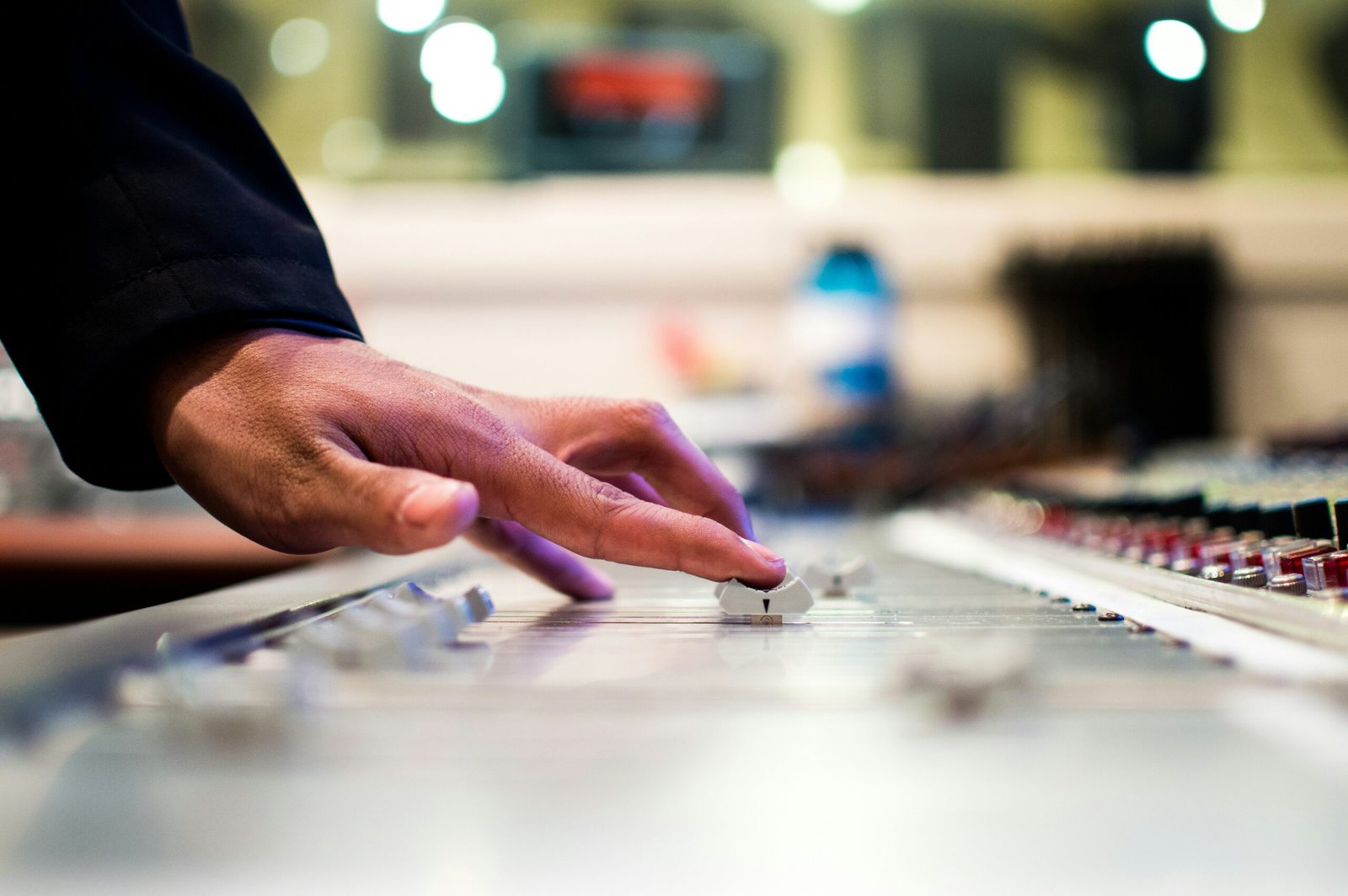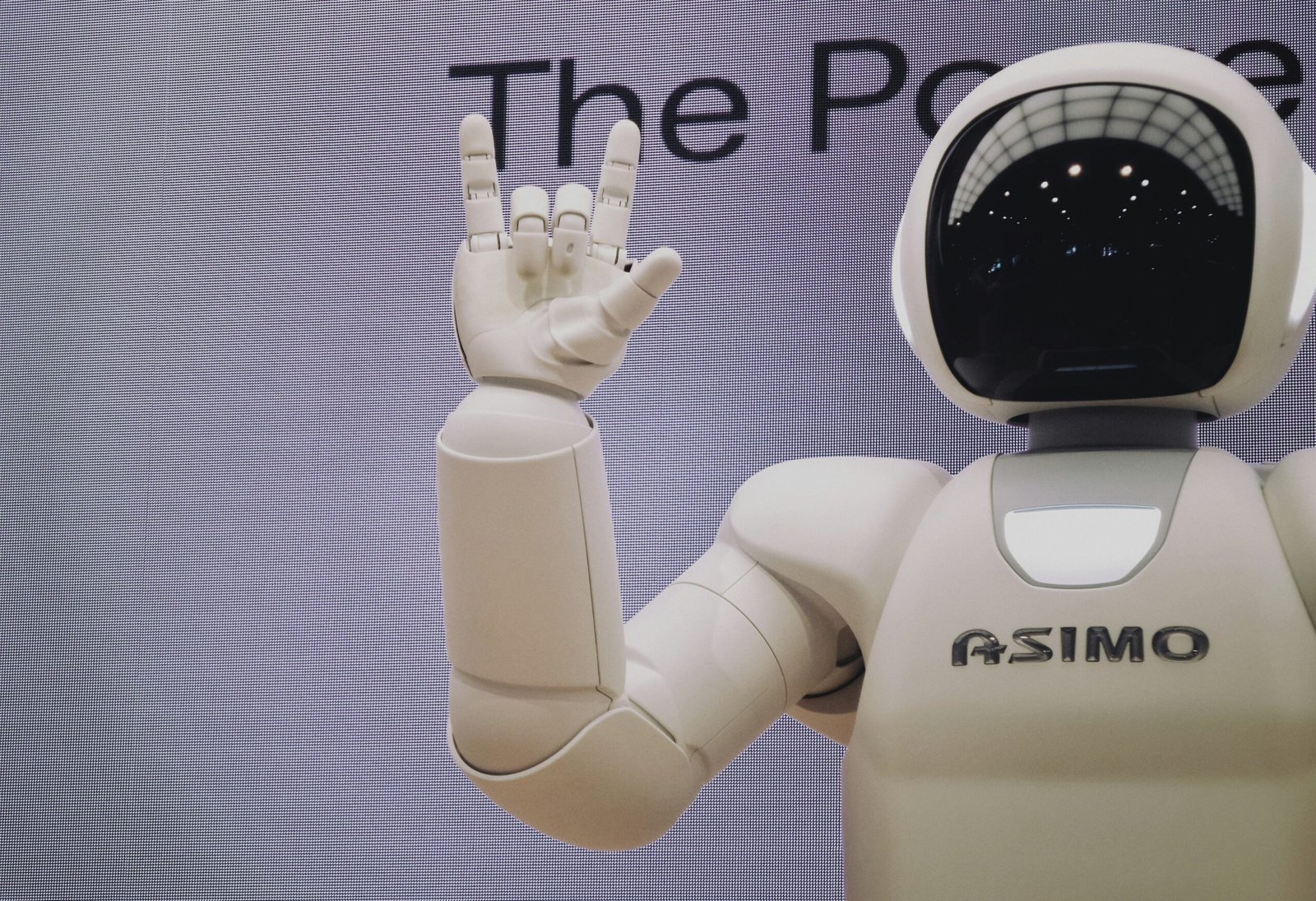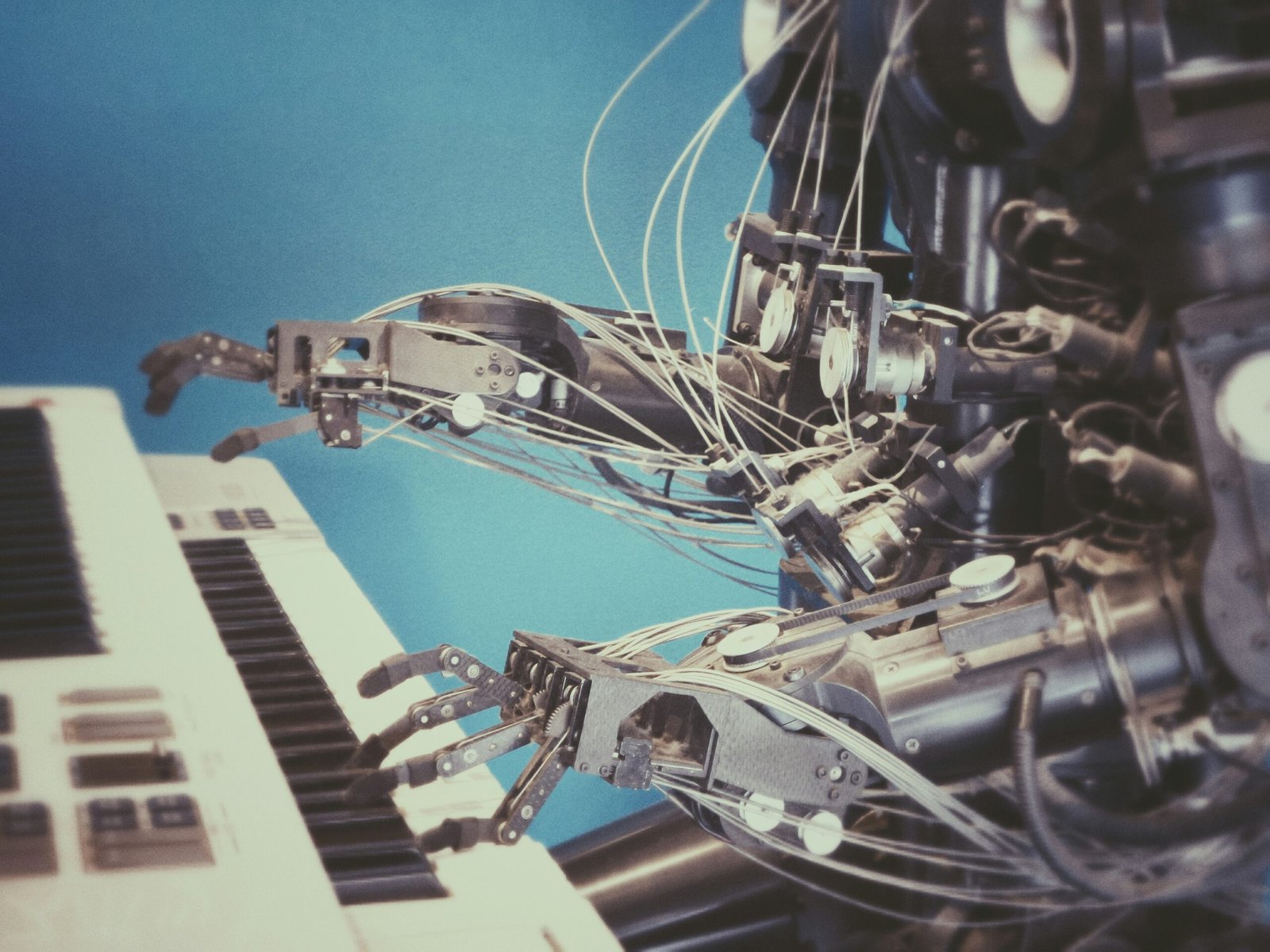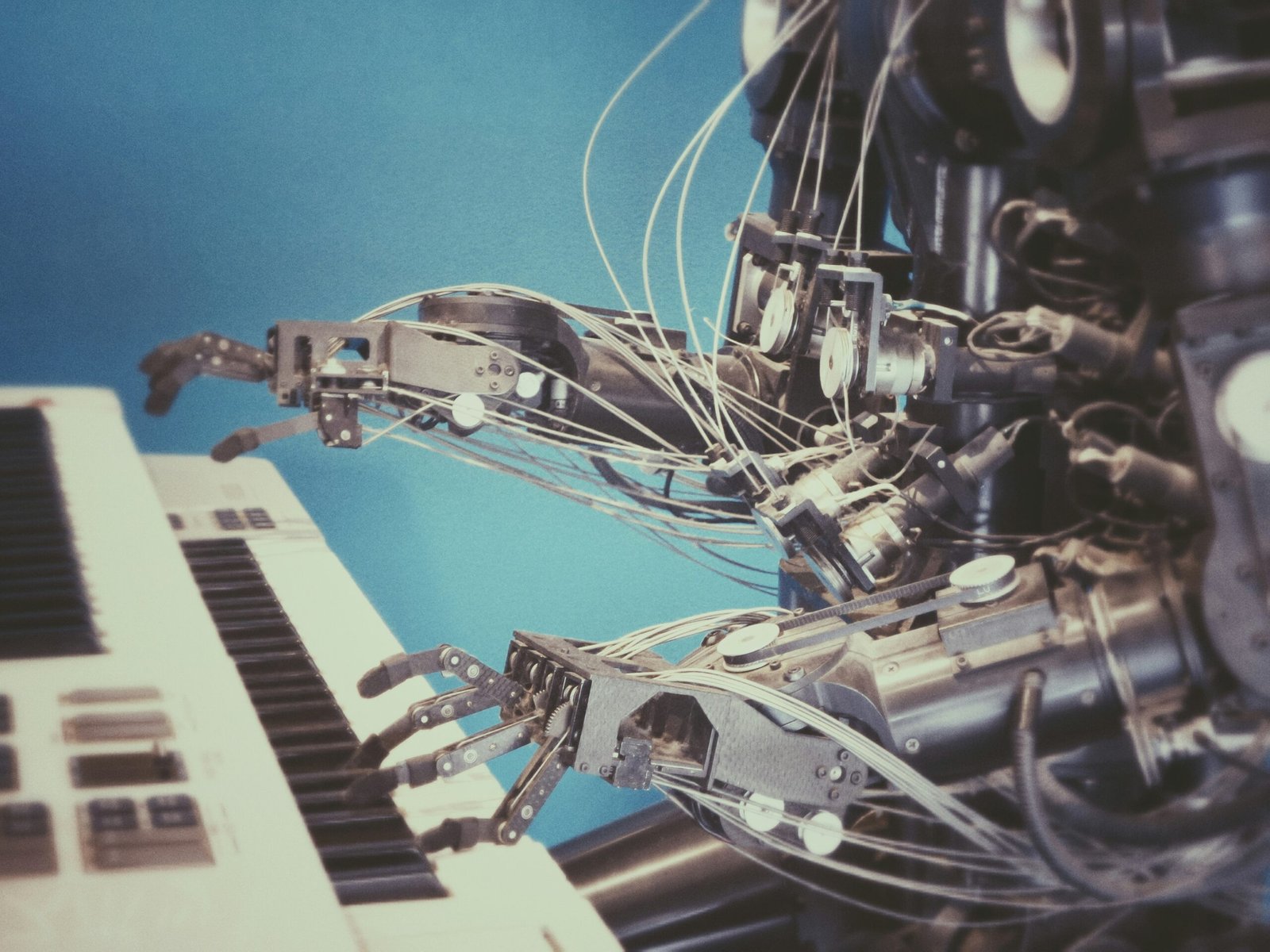Embracing AI in Music Creation: The Future of Sound

The Rise of AI Music Generation
The evolution of artificial intelligence in the music industry has undergone remarkable transformations over recent years. Initially, AI’s involvement in music was limited to algorithmic composition and basic audio processing. However, with advancements in machine learning and neural networks, AI music generation has emerged as a sophisticated tool that reshapes the creative landscape for artists and composers.
Today, a range of technologies contributes to AI music generation, including deep learning models that analyze vast datasets of musical compositions to generate new pieces. These models, including recurrent neural networks and GANs (generative adversarial networks), harness the capabilities of AI to learn from existing music styles and structures, enabling them to produce unique sounds and compositions that blend various genres seamlessly. Tools like OpenAI’s MuseNet and Google’s Magenta exemplify this technological progression, allowing musicians to explore novel soundscapes and expand their creative potential.
Musicians and composers are increasingly incorporating AI tools into their workflow. For instance, applications like Amper Music and AIVA empower creators, providing tailored music scores for various projects, from film soundtracks to video game scores. This integration of AI not only streamlines the production process but also allows for exploration of musical ideas that transcend traditional boundaries. Artists are leveraging AI to experiment with genre fusion, creating sounds that were previously unattainable.
The implications of AI in music generation extend beyond technical enhancement; they evoke discussions about originality, creativity, and the role of the artist. As machines begin to generate complex compositions, it raises questions on the future of music creation and the human experience in artistic expression. The continual interplay between human creativity and AI technology promises to redefine the music industry, paving the way for innovative collaborations and inspiring new artistic directions.
Enhancing Creativity: How Technology is Changing Music Creation
The integration of artificial intelligence in music creation is redefining the creative landscape for musicians. This burgeoning technology is not merely a tool but a collaborator that aids artists in generating melodies, harmonies, and beats. The ability to compose with AI allows musicians to explore new sonic territories that were traditionally inaccessible, thus expanding their creative horizons. By utilizing AI-driven software, artists can experiment with a vast array of musical elements, leading to innovations that give rise to unique soundscapes.
One significant advantage of incorporating AI in music production is the increased efficiency it offers. Musicians no longer need to spend extensive hours crafting every element of a track. Instead, AI can quickly generate multiple iterations of a melody or rhythm, providing a foundation for artists to build upon or remix. This efficiency does not only save time but also encourages experimentation, enabling artists to shift their focus from basic songwriting to exploring advanced production techniques. Consequently, this technological partnership fuels creativity, which can rejuvenate the songwriting process.
Furthermore, AI can serve as a source of inspiration by presenting unexpected combinations or algorithmically generated compositions. Musicians may find themselves surprised by the results produced through AI, leading to new ideas and artistic directions. While the adoption of AI in music creation has numerous benefits, it is crucial to navigate the potential challenges and ethical dilemmas that may arise. Issues such as the ownership of AI-generated content and the authenticity of art created through technology are subjects of ongoing discussion within the industry.
In balancing innovation and tradition, the role of AI in music creation will undoubtedly continue to evolve. As artists embrace these new technologies, the future of sound holds exciting possibilities, suggesting a collaborative existence between human creativity and artificial intelligence.





